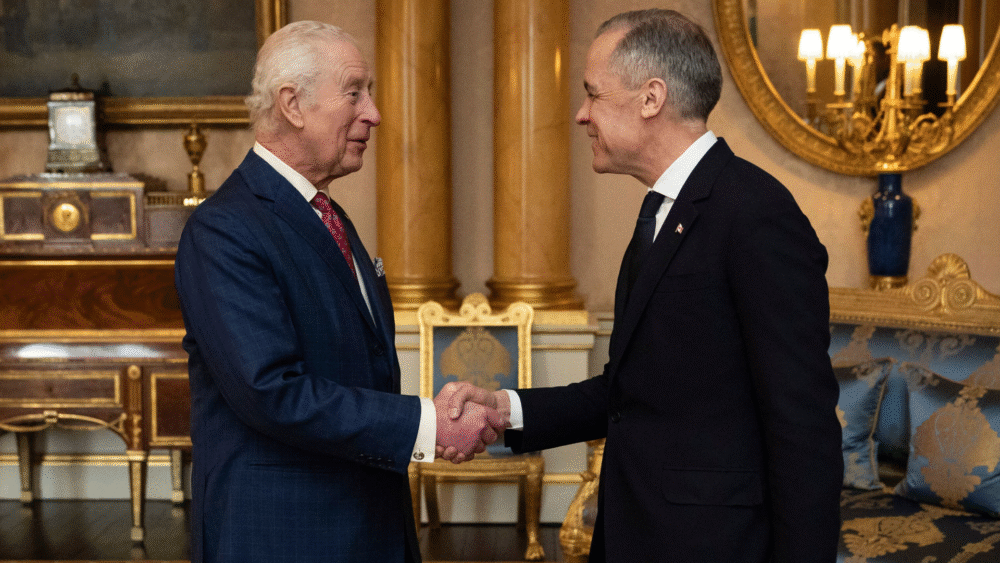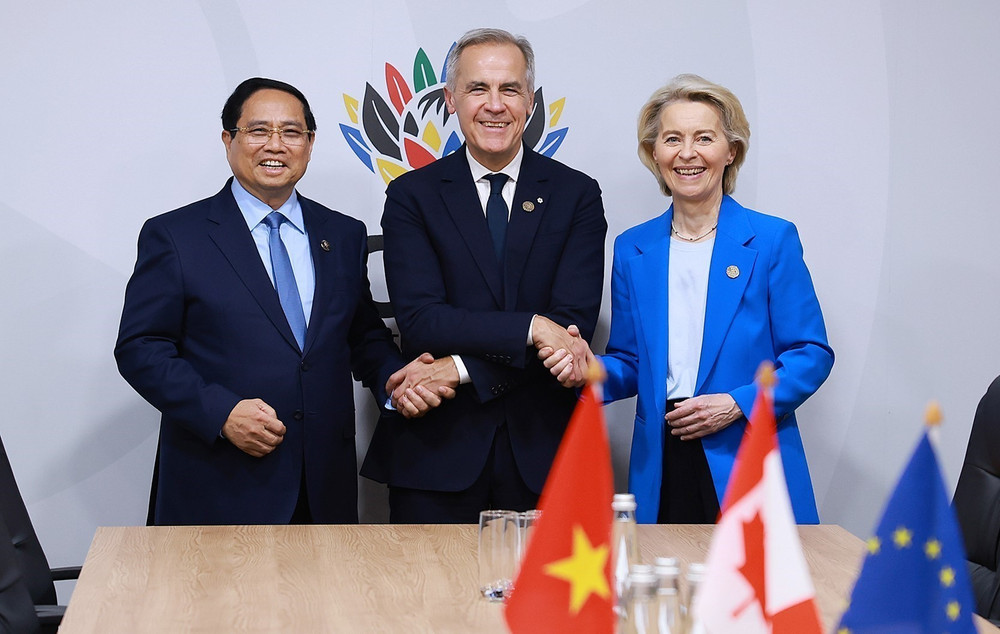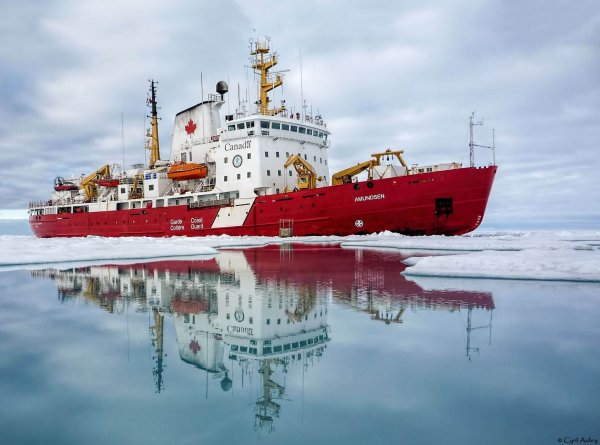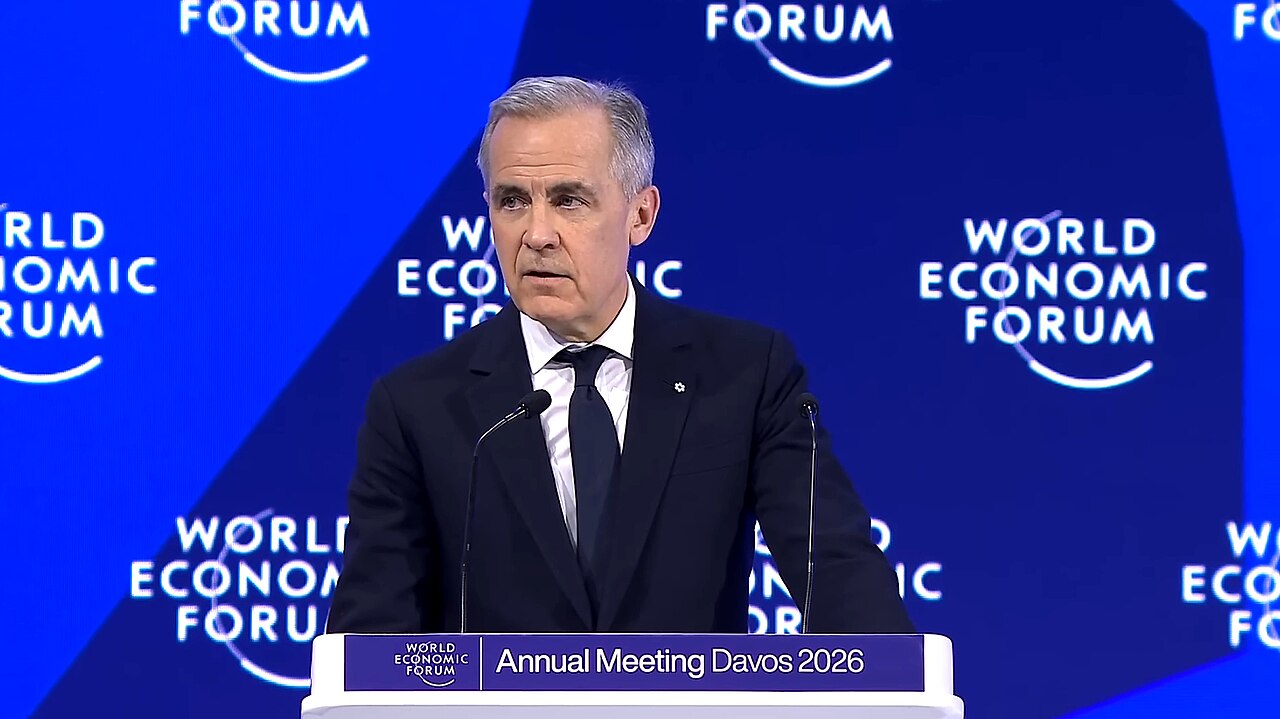As Canada prepares to host the G7 summit in Kananaskis, Alberta, in June and participate in the G20 summit in Johannesburg, South Africa in November of this year, Prime Minister Mark Carney faces a pivotal opportunity to redefine Canada’s role on the world stage. After years of diplomatic drift and diminished credibility under the Trudeau government, Carney can chart a bold yet pragmatic course that reasserts Canada’s leadership in addressing global challenges.
1. Championing Economic Resilience and Diversification
The recent imposition of 25 per cent tariffs on Canadian automobiles and components by the United States has underscored the risks of overreliance on a single trading partner. Carney’s administration has responded by pledging to diversify Canada’s economic partnerships, particularly with emerging economies, reduce internal trade barriers by July 1, and invest in domestic industries to build a more resilient economy. During the election, he promised to inject $5 billion into a new Trade Diversification Corridor Fund to build the infrastructure for trade diversification.
At the G7 and G20 summits, Carney should advocate for a coordinated approach to economic resilience, emphasizing the importance of diversified supply chains and fair-trade practices. By leading discussions on these issues, Canada can position itself as a proactive and collaborative partner in the global economy.
2. Advancing Climate Leadership with Indigenous Collaboration
Canada’s commitment to addressing climate change must be reinvigorated through meaningful collaboration with Indigenous communities. By integrating Indigenous knowledge and leadership into climate policies, Canada can develop more effective and equitable solutions to environmental challenges. Carney has promised to establish a new Arctic Indigenous Guardians program and fund Indigenous led conservation and protection projects. At the G7 and G20, Canada can lead by example, promoting these and other Indigenous-inclusive climate strategies as a model for other nations.
3. Championing AI Ethics and Governance
Canada’s leadership in artificial intelligence (AI) is well-recognized, with initiatives like the Montreal Declaration setting global standards for ethical AI. While Carney has named veteran broadcaster Evan Solomon as the first-ever minister of artificial intelligence, his mandate should go beyond Canada’s border to include the establishment of an international framework for AI governance, emphasizing transparency, accountability, and human rights. By doing so, we not only differentiate ourselves from the U.S.’s tech-centric approach but also position Canada as a moral compass in the rapidly evolving digital landscape.
4. Enhancing Defence and Arctic Sovereignty
Carney’s plan to invest $30.9 billion in defence over four years, aiming to meet NATO’s two per cent GDP target by 2030, underscores a commitment to national security and Arctic sovereignty. This investment includes modernizing military equipment and infrastructure, particularly in the Arctic region, and collaborating with Indigenous communities. He has committed to forging a new Canada-Europe Arctic security agreement to address the rapidly shifting security landscape in the north. Such measures demonstrate a proactive approach to defence, contrasting with previous administrations’ strategies
5. Strengthening Multilateralism and Global Cooperation
In an era marked by rising nationalism and unilateral actions, Canada’s commitment to multilateralism offers a refreshing perspective. Carney has committed to restoring Canada’s diplomatic presence with a new foreign policy which includes deploying more diplomats and officials abroad to expand trade and promote global leadership. This begins with leveraging our presidency of the G7 and a continued push to protect the rules based international order. This approach not only aligns with Canada’s historical values but also differentiates us from the more isolationist tendencies observed elsewhere.
Prime Minister Mark Carney’s leadership at the upcoming G7 and G20 summits presents a critical opportunity to redefine Canada’s global role. By addressing economic resilience, climate change, digital governance, global health, and sovereignty, Carney can restore Canada’s credibility and demonstrate its commitment to collaborative and forward-thinking international engagement.
Canada’s voice on the world stage must be clear, confident, and committed to building a more equitable and sustainable future for all.





